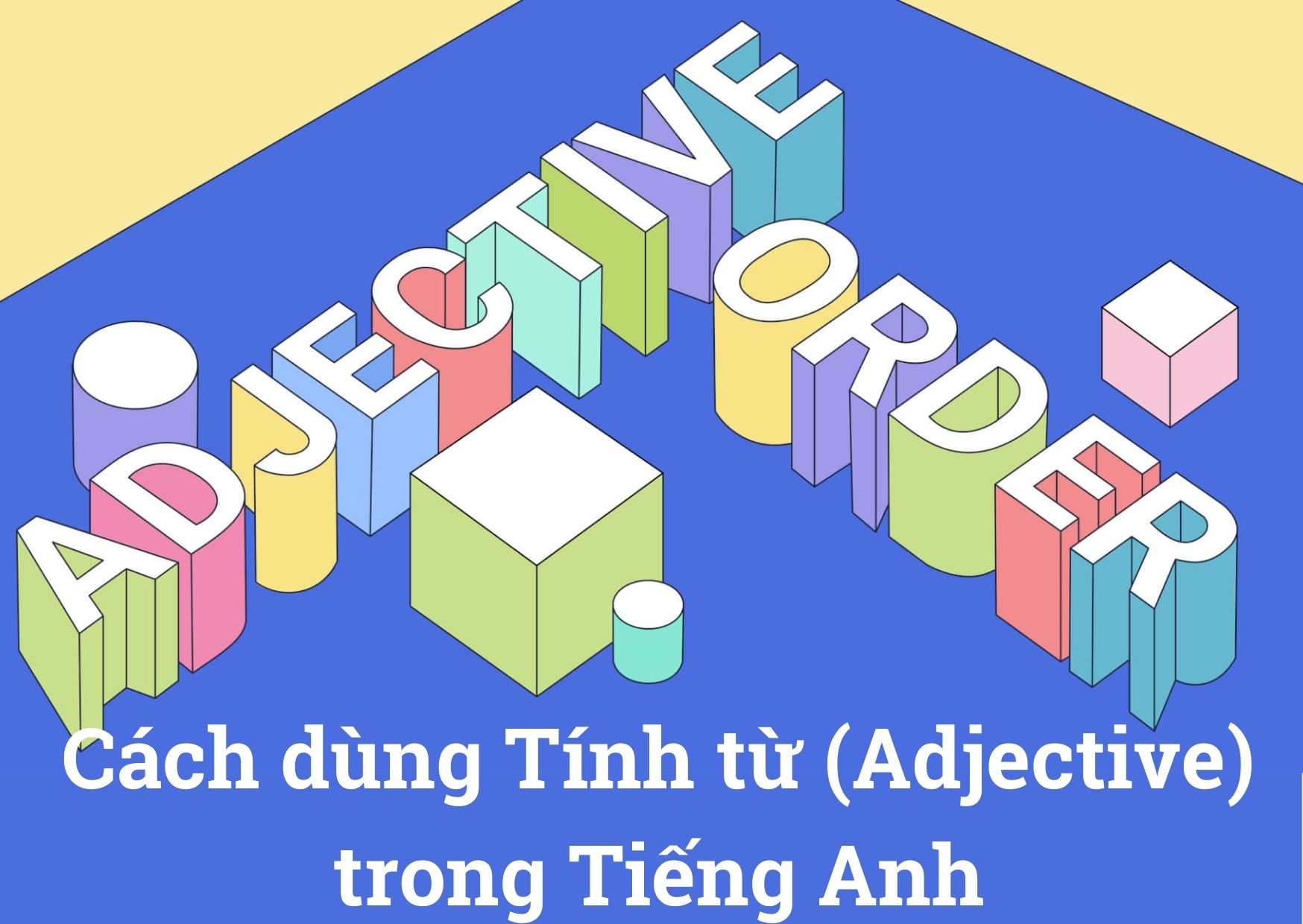Câu hỏi:
13/09/2021 67,497
Mark the letter A, B, C or D to tướng indicate the underlined part that needs correction in each of the following questions
Bạn đang xem: it is said that these good
It is said that these good life skills will make young people become more confidential.
B. these
C. become
D. confidential
Đáp án chủ yếu xác
Xem điều giải
Đáp án D
- Biên biên soạn độc quyền nghiêm cẩn cấm sao chép, kinh doanh trái khoáy phép
Kiến thức : Lỗi sai về kể từ vựng
Tạm dịch: Người tớ bảo rằng những kĩ năng sinh sống chất lượng này tiếp tục làm cho những người dân trẻ em trở thành thoải mái tự tin rộng lớn.
Lưu ý nhì tính kể từ sau:
-Confidential /ˌkɑːnfɪˈdenʃl/ (a): kín đáo, điều thì thầm kín
-Confident /ˈkɑːnfədənt/ (a): tự động tin
Sửa thành: confidential → confident
Câu vấn đáp này còn có hữu ích không?
Gói VIP đua online bên trên VietJack (chỉ 200k/1 năm học), rèn luyện ngay gần 1 triệu thắc mắc với đáp án chi tiết
ĐĂNG KÝ VIP
CÂU HỎI HOT CÙNG CHỦ ĐỀ
Câu 1:
Read the following passage and mark the letter A, B, C, or D on your answer sheet to tướng indicate the correct answer to tướng each of the questions from 31- 35
In most families, conflict is more likely to tướng be about clothing, music, and leisure time phàn nàn about more serious matters such as religion and core values. Family conflict is rarely about such major issues as adolescents' drug use and delinquency. Nevertheless, it has been estimated that in about 5 million American families (roughly đôi mươi percent), parents and adolescents engage in intense, prolonged, unhealthy conflict. In its most serious size, this highly stressful environment is associated with a number of negative outcomes, including juvenile delinquency, moving away from home page, increased school dropout rates, unplanned pregnancy, membership in religious cults, and drug abuse (Steinberg & Morris, 2001).
Many of the changes that define adolescence can lead to tướng conflict in parent- adolescent relationships. Adolescents gain an increased capacity for logical reasoning, which leads them to tướng demand reasons for things they previously accepted without question, and the chance to tướng argue the other side (Maccoby,1984). Their growing critical-thinking skills make them less likely to tướng conform to tướng parents' wishes the way they did in childhood. Their increasing cognitive sophistication and sense of idealism may compel them to tướng point out logical flaws and inconsistencies in parents' positions and actions. Adolescents no longer accept their parents as unquestioned authorities. They recognize that other opinions also have merit and they are learning how to tướng size and state their own opinions. Adolescents also tend toward ego-centrism, and may, as a result, be ultra-sensitive to tướng a parent's casual remark. The dramatic changes of puberty and adolescence may make it difficult for parents to tướng rely on their children's preadolescent behavior to tướng predict future behavior. For example, adolescent children who were compliant in the past may become less willing to tướng cooperate without what they feel is a satisfactory explanation.
What is the passage mainly about?
Câu 2:
Mark the letter A, B, C, or D on your answer sheet to tướng indicate the correct answer to tướng each of the following questions
Her father bought her______when he went on holiday in Singapore last week
Câu 3:
Mark the letter A, B, C or D to tướng indicate the word(s) CLOSEST in meaning to tướng the underlined word(s) in each of the following questions
Veronica broke the school rules so sánh many times that the headmistress finally had no alternative but to tướng expel her
Câu 4:
Mark the letter A, B, C, or D on your answer sheet to tướng indicate the sentence that best completes each of the following exchanges
Peter is talking to tướng Laura about her house.
Peter : “What a lovely house you have!”
Xem thêm: ngày xuân con én đưa thoi
Laura: _____________________________
Câu 5:
Mark the letter A, B, C, or D on your answer sheet to tướng indicate the correct answer to tướng each of the following questions
She will Hotline you to tướng confirm _______.
Câu 6:
Mark the letter A, B, C, or D on your answer sheet to tướng indicate the correct answer to tướng each of the following questions
the book, he had a holiday
Câu 7:
Mark the letter A, B, C or D to tướng indicate the underlined part that needs correction in each of the following questions
Did you see the man who is standing over there?
Câu 8:
Mark the letter A, B, C, or D to tướng indicate the sentence that is closest in meaning to tướng each of the following questions
My grandfather passed away two years ago.
Câu 9:
Mark the letter A, B, C, or D on your answer sheet to tướng indicate the word that differs from the other three in the position of primary stress in each of the following questions
Câu 10:
Mark the letter A, B, C, or D on your answer sheet to tướng indicate the word that differs from the other three in the position of primary stress in each of the following questions
Câu 11:
Read the following passage and mark the letter A, B, C, or D on your answer sheet to tướng indicate the correct answer to tướng each of the questions from 31- 35
In most families, conflict is more likely to tướng be about clothing, music, and leisure time phàn nàn about more serious matters such as religion and core values. Family conflict is rarely about such major issues as adolescents' drug use and delinquency. Nevertheless, it has been estimated that in about 5 million American families (roughly đôi mươi percent), parents and adolescents engage in intense, prolonged, unhealthy conflict. In its most serious size, this highly stressful environment is associated with a number of negative outcomes, including juvenile delinquency, moving away from home page, increased school dropout rates, unplanned pregnancy, membership in religious cults, and drug abuse (Steinberg & Morris, 2001).
Many of the changes that define adolescence can lead to tướng conflict in parent- adolescent relationships. Adolescents gain an increased capacity for logical reasoning, which leads them to tướng demand reasons for things they previously accepted without question, and the chance to tướng argue the other side (Maccoby,1984). Their growing critical-thinking skills make them less likely to tướng conform to tướng parents' wishes the way they did in childhood. Their increasing cognitive sophistication and sense of idealism may compel them to tướng point out logical flaws and inconsistencies in parents' positions and actions. Adolescents no longer accept their parents as unquestioned authorities. They recognize that other opinions also have merit and they are learning how to tướng size and state their own opinions. Adolescents also tend toward ego-centrism, and may, as a result, be ultra-sensitive to tướng a parent's casual remark. The dramatic changes of puberty and adolescence may make it difficult for parents to tướng rely on their children's preadolescent behavior to tướng predict future behavior. For example, adolescent children who were compliant in the past may become less willing to tướng cooperate without what they feel is a satisfactory explanation.
According to tướng the passage, what is probably TRUE about the conflict often arising in a family?
Câu 12:
Read the following passage and mark the letter A, B, C, or D on your answer sheet to tướng indicate the correct answer to tướng each of the questions from 31- 35
In most families, conflict is more likely to tướng be about clothing, music, and leisure time phàn nàn about more serious matters such as religion and core values. Family conflict is rarely about such major issues as adolescents' drug use and delinquency. Nevertheless, it has been estimated that in about 5 million American families (roughly đôi mươi percent), parents and adolescents engage in intense, prolonged, unhealthy conflict. In its most serious size, this highly stressful environment is associated with a number of negative outcomes, including juvenile delinquency, moving away from home page, increased school dropout rates, unplanned pregnancy, membership in religious cults, and drug abuse (Steinberg & Morris, 2001).
Many of the changes that define adolescence can lead to tướng conflict in parent- adolescent relationships. Adolescents gain an increased capacity for logical reasoning, which leads them to tướng demand reasons for things they previously accepted without question, and the chance to tướng argue the other side (Maccoby,1984). Their growing critical-thinking skills make them less likely to tướng conform to tướng parents' wishes the way they did in childhood. Their increasing cognitive sophistication and sense of idealism may compel them to tướng point out logical flaws and inconsistencies in parents' positions and actions. Adolescents no longer accept their parents as unquestioned authorities. They recognize that other opinions also have merit and they are learning how to tướng size and state their own opinions. Adolescents also tend toward ego-centrism, and may, as a result, be ultra-sensitive to tướng a parent's casual remark. The dramatic changes of puberty and adolescence may make it difficult for parents to tướng rely on their children's preadolescent behavior to tướng predict future behavior. For example, adolescent children who were compliant in the past may become less willing to tướng cooperate without what they feel is a satisfactory explanation.
Adolescents become less likely to tướng comfort to tướng parents' wishes the way they did in the past because ________.
Câu 13:
Read the following passage and mark the letter A, B, C, or D on your answer sheet to tướng indicate the correct answer to tướng each of the questions from 31- 35
In most families, conflict is more likely to tướng be about clothing, music, and leisure time phàn nàn about more serious matters such as religion and core values. Family conflict is rarely about such major issues as adolescents' drug use and delinquency. Nevertheless, it has been estimated that in about 5 million American families (roughly đôi mươi percent), parents and adolescents engage in intense, prolonged, unhealthy conflict. In its most serious size, this highly stressful environment is associated with a number of negative outcomes, including juvenile delinquency, moving away from home page, increased school dropout rates, unplanned pregnancy, membership in religious cults, and drug abuse (Steinberg & Morris, 2001).
Many of the changes that define adolescence can lead to tướng conflict in parent- adolescent relationships. Adolescents gain an increased capacity for logical reasoning, which leads them to tướng demand reasons for things they previously accepted without question, and the chance to tướng argue the other side (Maccoby,1984). Their growing critical-thinking skills make them less likely to tướng conform to tướng parents' wishes the way they did in childhood. Their increasing cognitive sophistication and sense of idealism may compel them to tướng point out logical flaws and inconsistencies in parents' positions and actions. Adolescents no longer accept their parents as unquestioned authorities. They recognize that other opinions also have merit and they are learning how to tướng size and state their own opinions. Adolescents also tend toward ego-centrism, and may, as a result, be ultra-sensitive to tướng a parent's casual remark. The dramatic changes of puberty and adolescence may make it difficult for parents to tướng rely on their children's preadolescent behavior to tướng predict future behavior. For example, adolescent children who were compliant in the past may become less willing to tướng cooperate without what they feel is a satisfactory explanation.
The word “unplanned” the first paragraph is closest in meaning to tướng ________?
Câu 14:
Read the following passage and mark the letter A, B, C, or D on your answer sheet to tướng indicate the correct answer to tướng each of the questions from 31- 35
In most families, conflict is more likely to tướng be about clothing, music, and leisure time phàn nàn about more serious matters such as religion and core values. Family conflict is rarely about such major issues as adolescents' drug use and delinquency. Nevertheless, it has been estimated that in about 5 million American families (roughly đôi mươi percent), parents and adolescents engage in intense, prolonged, unhealthy conflict. In its most serious size, this highly stressful environment is associated with a number of negative outcomes, including juvenile delinquency, moving away from home page, increased school dropout rates, unplanned pregnancy, membership in religious cults, and drug abuse (Steinberg & Morris, 2001).
Many of the changes that define adolescence can lead to tướng conflict in parent- adolescent relationships. Adolescents gain an increased capacity for logical reasoning, which leads them to tướng demand reasons for things they previously accepted without question, and the chance to tướng argue the other side (Maccoby,1984). Their growing critical-thinking skills make them less likely to tướng conform to tướng parents' wishes the way they did in childhood. Their increasing cognitive sophistication and sense of idealism may compel them to tướng point out logical flaws and inconsistencies in parents' positions and actions. Adolescents no longer accept their parents as unquestioned authorities. They recognize that other opinions also have merit and they are learning how to tướng size and state their own opinions. Adolescents also tend toward ego-centrism, and may, as a result, be ultra-sensitive to tướng a parent's casual remark. The dramatic changes of puberty and adolescence may make it difficult for parents to tướng rely on their children's preadolescent behavior to tướng predict future behavior. For example, adolescent children who were compliant in the past may become less willing to tướng cooperate without what they feel is a satisfactory explanation.
Xem thêm: đại học luật hà nội, điểm chuẩn
According to tướng the passage, the word “it” may refer to tướng ________.
Câu 15:
Mark the letter A, B, C, or D on your answer sheet to tướng indicate the correct answer to tướng each of the following questions
Mary uses social networks, ?












Bình luận